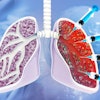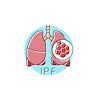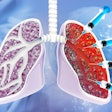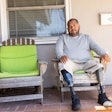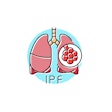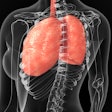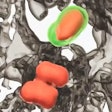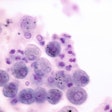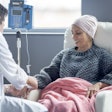
A recent tuberculosis (TB) outbreak in Kansas has put the infectious disease back in the spotlight. So, too, has an international clinical trial that has uncovered three new treatment options for drug-resistant TB.
The study, “Oral Regimens for Rifampin-Resistant, Fluoroquinolone-Susceptible Tuberculosis,” was published in the New England Journal of Medicine.
Patients with TB are often prescribed antibiotics, but more and more strains are becoming resistant to these medicines. First-line antibiotics, such as rifampin, also require long-term use, daily injections and have severe side effects.
According to the World Health Organization (WHO), roughly 410,000 people are diagnosed with a drug-resistant form of TB each year. Of these, approximately 40% receive treatment and only 65% of treatment is successful.
In 2017, a collaborative research group launched the endTB trial to improve treatment options for patients with antibiotic-resistant TB. The group was made up of researchers from Harvard Medical School, Partners in Health, Médecins Sans Frontières and Interactive Research and Development.
The endTB trial (one of four recent randomized controlled trials for TB) tested two newer drugs that are less toxic and work quicker. When bedaquiline and delamanid came to market in 2012 and 2013, respectively, they were the first new TB medications in almost 50 years. In 2019, the U.S. Food and Drug Administration (FDA) also approved pretomanid for emergency use, but it was not included in the trial.
More than 750 participants from seven countries with treatment-resistant TB randomly received one of five oral regimens of bedaquiline or delamanid in combination with other drugs for a period of nine months. An additional control group received longer, standard of care treatment.
Among the participants were individuals with HIV and/or hepatitis C — both of which are common in populations with high rates of TB — as well as children and pregnant women, who are often excluded from clinical trials.
The researchers deemed three of the five new drug regimens effective, with an 85-90% success rate. To be effective, the regimens had to be at least as successful as the control group (~81%). Two of the three medications, as well as the FDA-approved pretomanid, cost under $500 — a threshold established more than 10 years ago in an effort end TB altogether by 2030.
 Carole Mitnick, ScDHarvard Medical School
Carole Mitnick, ScDHarvard Medical School
“This Harvard-led partnership among NGOs, ministries of health and other academic partners identified three new regimens that will make lifesaving care dramatically more accessible,” Dr. Mitnick said in a university press release. “We also resolved a critical question left open by pharmaceutical industry trials that brought bedaquiline and delamanid to market: How can these new drugs be used to shorten and simplify treatment while retaining efficacy?”
According to Dr. Mitnick, the endTB trial addressed this question by finding, effective and more affordable treatment options with approved drugs that expand viability, reduce treatment time, minimize side effects and improve ease of use by taking pills instead of injections.



